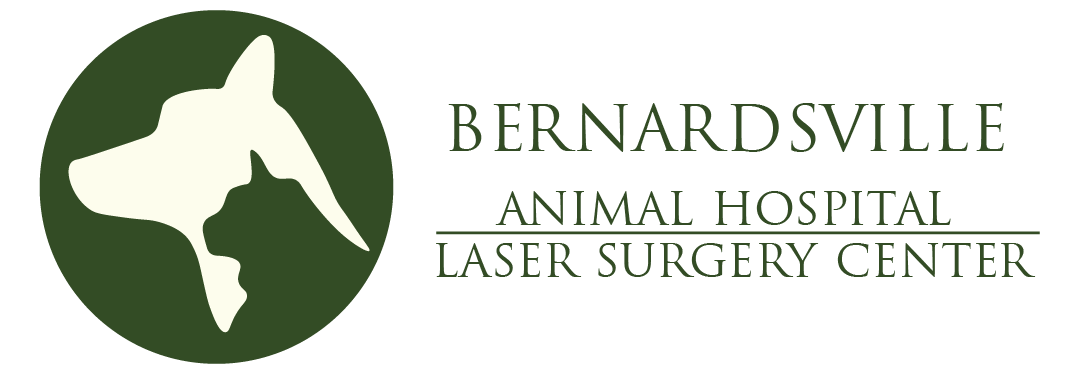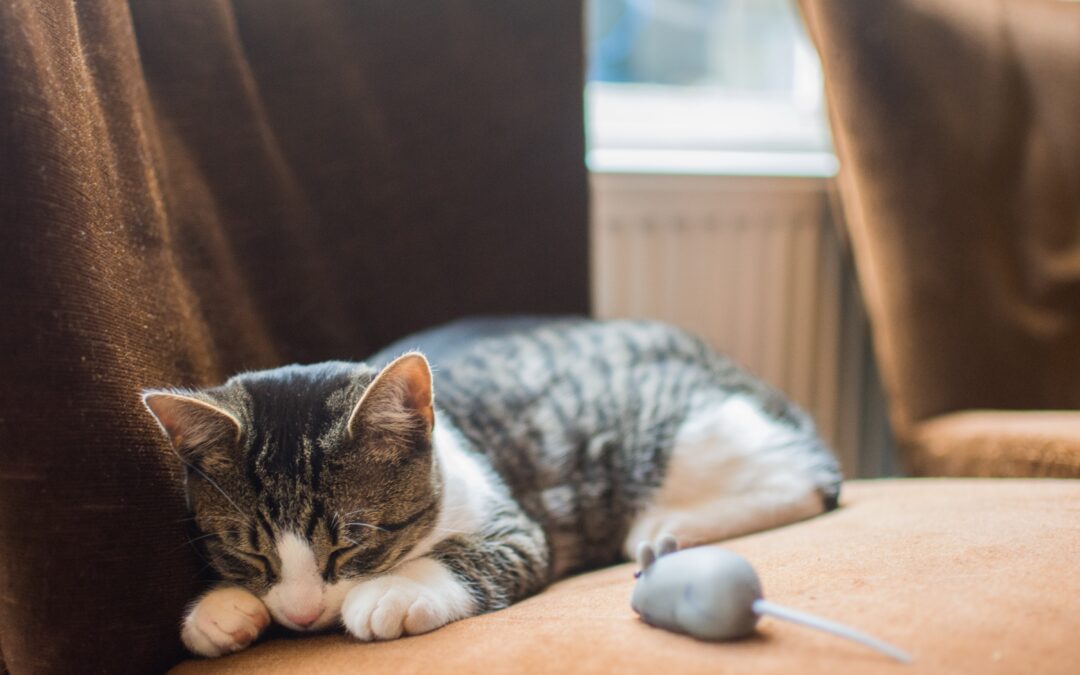Uncover the 5 Hidden Dangers Lurking in Your Home That Could Pose a Threat to Your Furry Friend!
As we approach National Animal Poison Prevention Week (March 19-25), our team feels compelled to share the most frequent household items that can be poisonous to any four-legged family member.
#1: Food
With its abundance of enticing, yet hazardous items, the kitchen is one place your pet should not be allowed. Chocolate, macadamia nuts, xylitol, and avocados are some of the most pervasive hazards that could lead to severe illnesses such as kidney failure or seizures in pets. To ensure the safety of your furry friend(s), secure a lockable trash can and keep them out when you’re cooking!
#2: Household chemicals
To protect your beloved pet, it is essential that you secure any of the following potentially-harmful chemicals within a safe place where your furry companion can’t access them:
- Cleaning products
- Disinfectants
- Aerosol air fresheners and other products
- Candles
- Antifreeze
- Windshield washer fluid
- Paint
- Glue
- Nail polish remover
#3: Medications
It’s a common problem, but not one that should be taken lightly: pets ingesting medications. From an entire pack of beef-flavored heartworm preventives to their owner’s prescription medication—it can happen in the blink of an eye! Food-motivated dogs may scavenge dropped pills or sniff out pill bottles in visitors’ suitcases, while cats might even peruse your countertops for toothpaste. Medicinal overdoses are fatal for pets and owners need to contact animal poison control right away if they suspect ingestion has occurred.
#4: Houseplants
It’s critical to be aware of the potential risk that houseplants pose to your pet. Lilies are especially dangerous for cats since even contact with just their pollen can be deadly! Other common household plants such as dieffenbachia, elephant ear, and spider plants may also create a hazard. Additionally, outdoor flowers like ivy or oleander must not be overlooked either – it is essential to check the ASPCA’s toxic plant list before you bring any blooms into your home or garden in order to ensure they’re safe for pets.
#5: Batteries and coins
Chewing and puncturing batteries can be hazardous for your beloved pet, as it could lead to chemical burns. Ingesting either a whole battery or coins poses an even greater risk—metal poisoning. Not only that, but intact batteries swallowed have the potential to cause gastrointestinal blockage in animals.
If your beloved pet has been exposed to a hazardous material, do not hesitate to contact our team right away!

